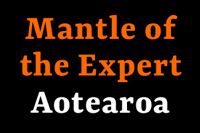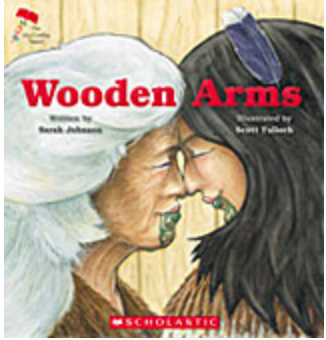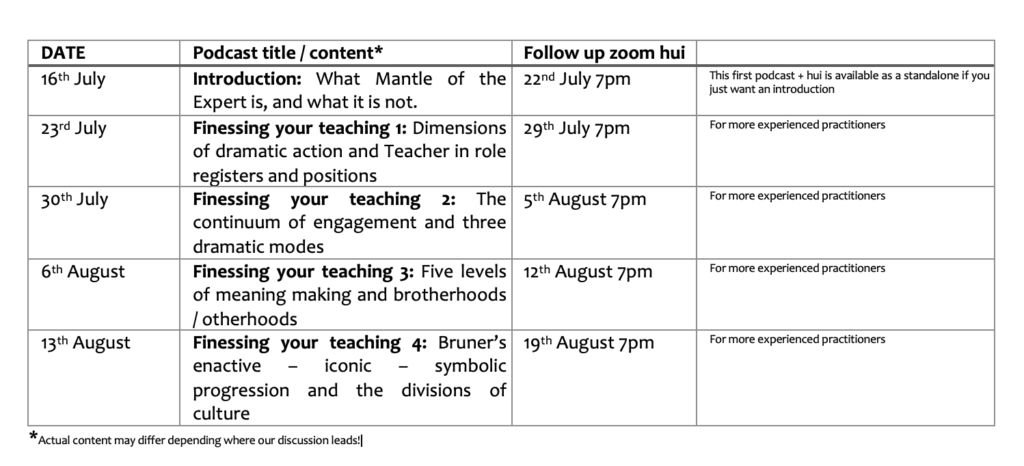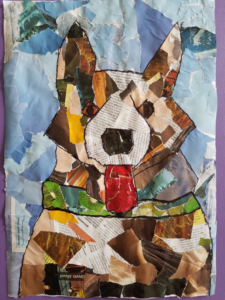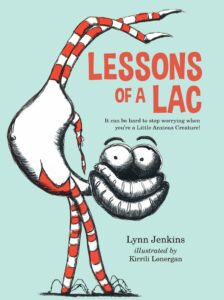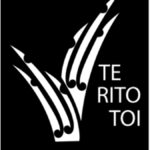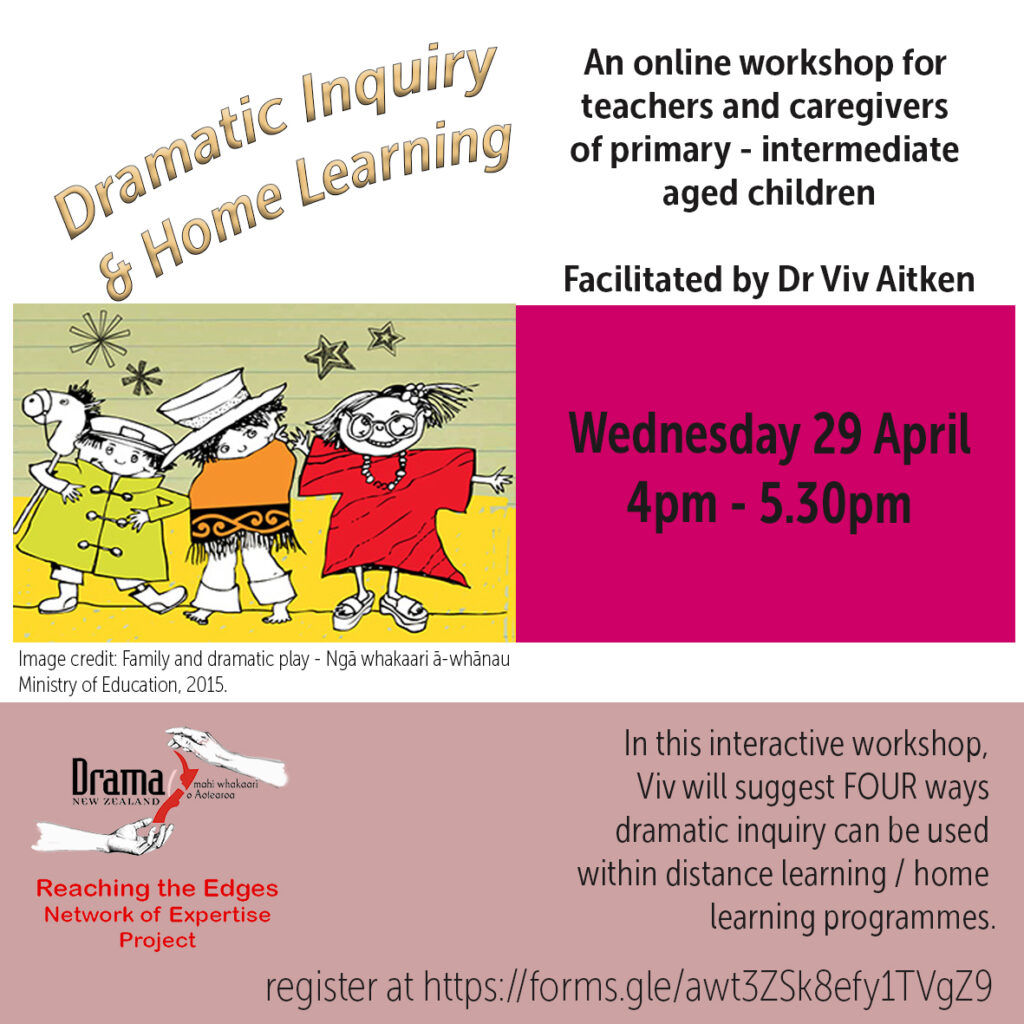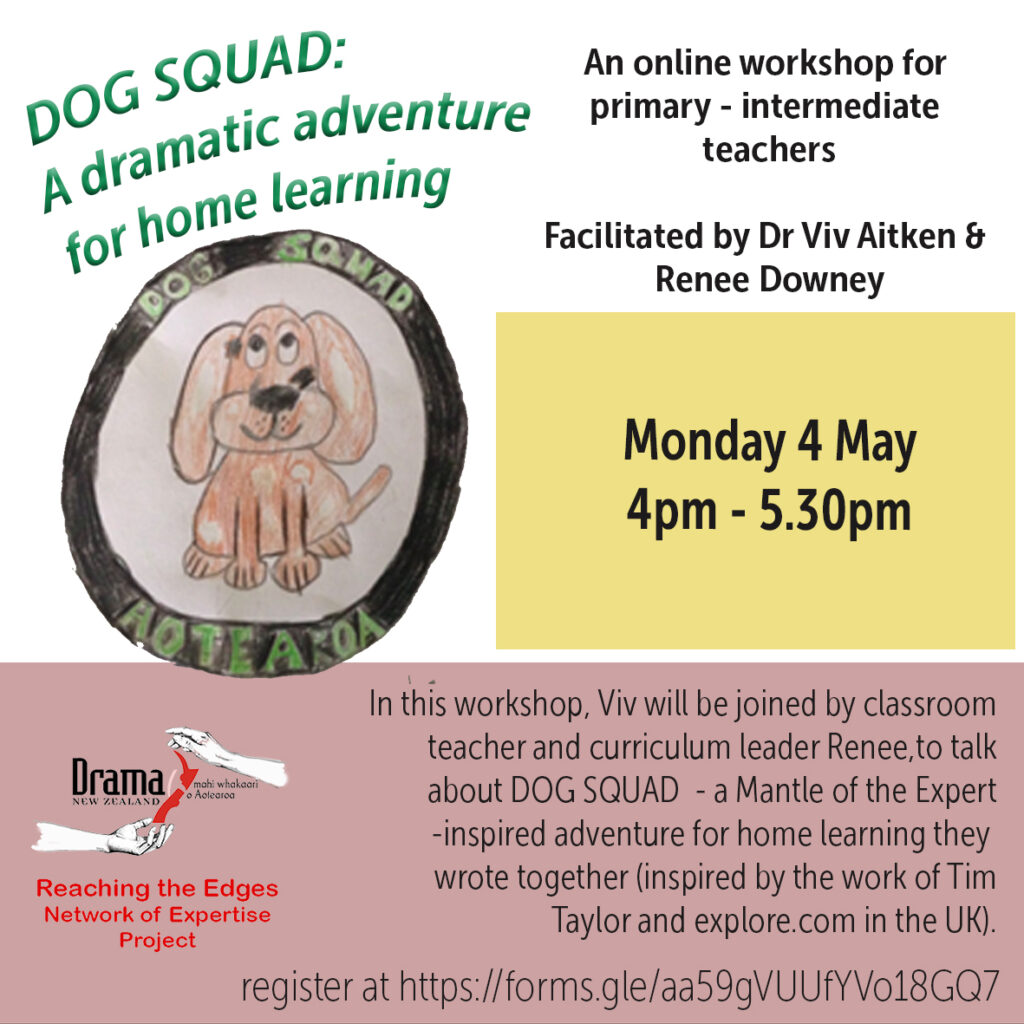I’m writing this on the final day of March. It’s incredible to realise how fast things have changed from just a few short weeks ago, when our response to Covid-19 was limited to teaching the kids to sing “Happy Birthday to you” twice over as they washed their hands. Now the world has flipped. We are in lockdown. Schools are closed and we’re home in our ‘bubbles’. Our communities are responding to the challenges of carrying on – if you’re an ‘essential worker’ – and staying home if you’re not.
Perhaps the most mind-blowing thing in all this, other than the ever-present concerns over health, is the slowly-dawning realisation that this is not temporary: even when the state of emergency is lifted, effects will remain. Economically, socially, personally, nothing will be ‘the same’ again – in life or in education. That’s a huge thing to grapple with.
What does all this mean for teaching and teachers? Well, in the short term we know that schools will remain closed for some time to come. We’re hearing a lot about how we need to ‘take teaching online’ (from early years to tertiary) by 12th April. The Ministry is devoting all PLD funding to this. And already there has been a dizzying amount of activity and energy expended by teachers and others to facilitate this shift. I’ve been blown away by how generous and generative teachers have been – sharing apps, resources, advice about different learning platforms and so on. The sheer quantity of information on offer on social media is amazing. It lifts my heart and I’m sure for classroom teachers, it’s great to have so many tips, resources, videos and other gems. I imagine it must give a very welcome sense of control to have so many possibilities to draw on. At the same time, I suggest, it’s important to take stock, consider and think about what we are doing here, what really matters and what’s really happening. This article from Aisha Ahmad really resonates for me (she’s writing for academics, but the points she makes are just as true for teachers, business owners, parents, all of us!)
First of all, let’s remember what children – and teachers – need right now. We’re in a state of crisis. First they – we – need a chance to process and cope: to have physiological, social, and emotional needs met, as Maslow would put it. So this is where teaching must begin. This link from Sally Hart gives some practical ideas for teaching activities focussed on building hauora and wellbeing. It’s not ‘cheating’ or ‘stalling’ to focus on these right now – it’s the only possible starting point. And remember, the NZC emphasises key competencies, relationship and wellbeing so it’s still ‘curriculum-based learning’ if we encourage our students to undertake tasks that build and practice these things. Until the foundations of wellbeing are in place, no cognitive learning will be effective anyway.
Secondly, let’s not rush! I’ve had a bit of experience in getting to grips with online teaching and learning, including transitioning a degree from face to face to blended delivery: the process was time-consuming and challenging even without a national crisis to navigate at the same time. The main thing I learned was how different teaching online is, and how it takes time to learn to do it well (at least four years in my case). Let’s not diminish the specialism of this kind of teaching by assuming we can do a great job of it in 14 days. And let’s remember that the future we are heading into is unknown. This is about entering a responsive mode in which we adapt to a constantly-changing scenario, not flipping a switch into a new mode of ‘delivery’.
Thirdly, let’s ask ourselves what we mean by teaching online. In my view, the phrase is a bit of a misnomer. What most of us are doing, certainly in the next few months, is setting up for ‘home learning’ for children who are in various stages of lockdown during a national state of emergency and a global crisis. Our job is not to come up with magnificent new online courses. Our job is to set up opportunities for children to learn in their homes. Some of the learning may happen online (watching video clips, reading, feeding back responses, sharing ideas with peers etc) but an awful lot will happen offline (exploring spaces in around the home, drawing, writing by hand, building things, carrying out experiments, taking on roles, mulling over ideas, reading, making sounds, moving the body, debating and dialoguing with family members, and so on). Instead of ‘online teaching’ can we focus on the idea of ‘supporting home learning’ through digital means?
Fourthly, let’s not compromise on the things we really value in teaching and learning. If, like me, you’re passionate about authentic learning, embodied and active strategies, using quality questioning, taking time for reflection, exploring shifts in power and status, making learning fun and engaging then let’s keep these things in mind as the criteria for quality in the learning opportunities we are setting up now. We may need to rethink some of our ways of working and create some new resources, but let’s not lose sight of our kaupapa.
And finally, let’s not assume that drama-based teaching is impossible in the current environment. Sure, drama is all about ‘bodies in a room’ and live, real-world interaction. But it’s also about opening IMAGINED WORLDS (not the same as virtual worlds), shifting power, taking on roles, exploring story, solving problems and working with others. I’d suggest that many of the things we do in dramatic inquiry (not all – but many) can be achieved in home learning too. Check out this resource created by Tim Taylor in the UK, which shows how this can be done. There are already teachers here in New Zealand exploring how resources like these can be developed around local contexts.
What do you think? Can we find ways to support our children to continue learning through dramatic inquiry as part of home learning? I look forward to continuing this conversation over the weeks and months to come.
Kia Kaha, kia maia, kia manawanui
Thinking of you all – Viv x
